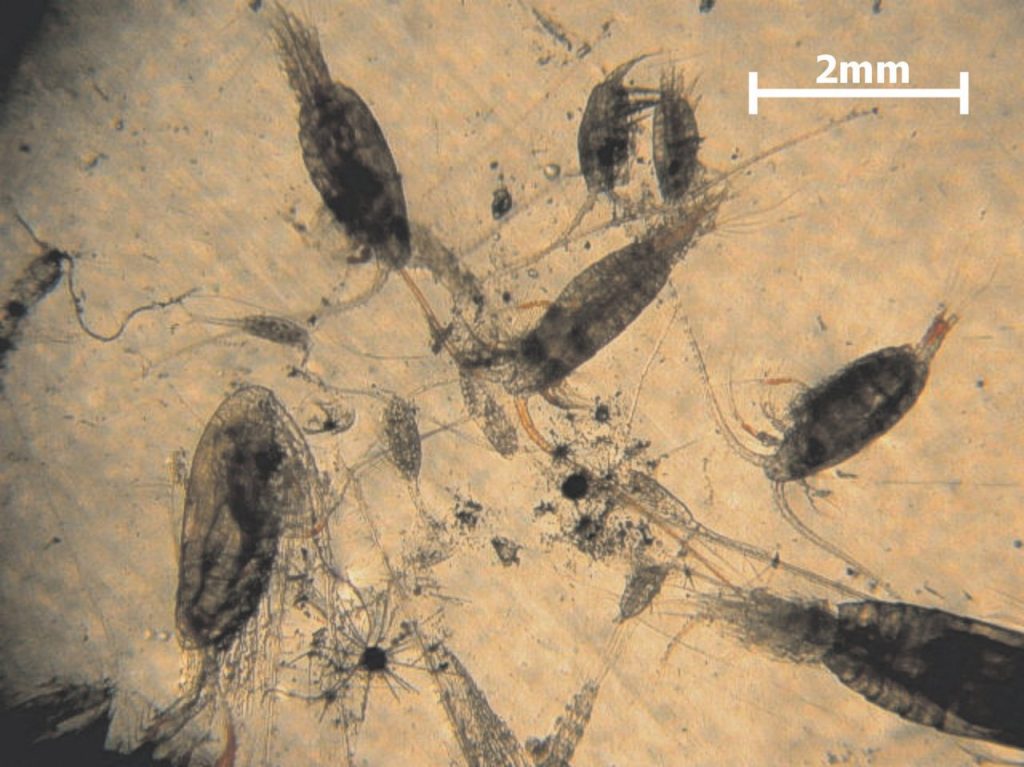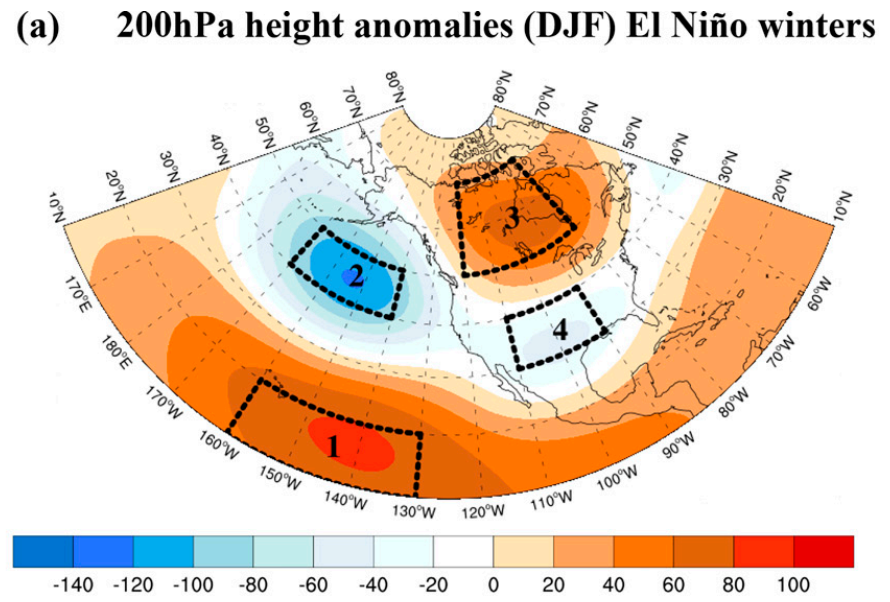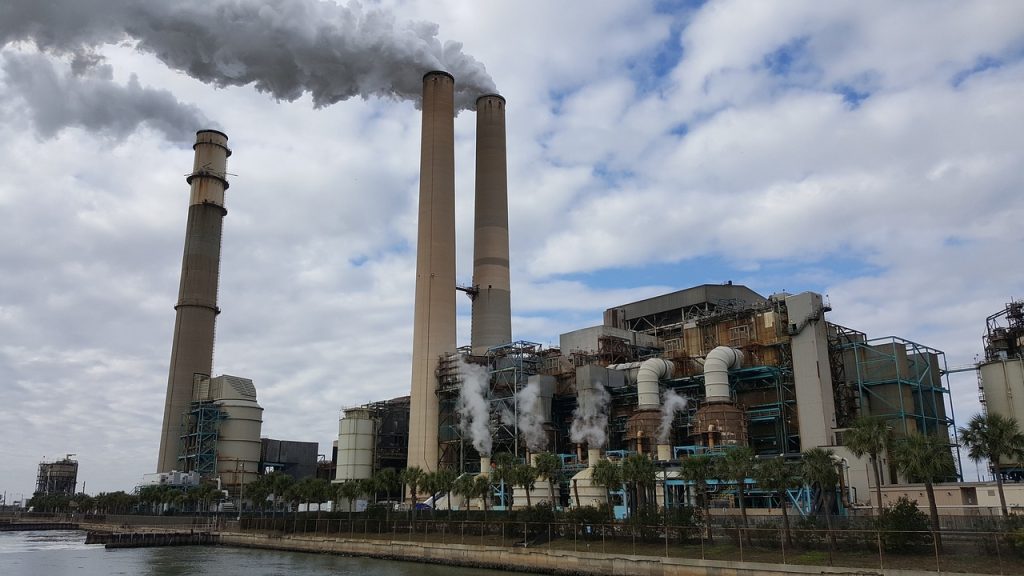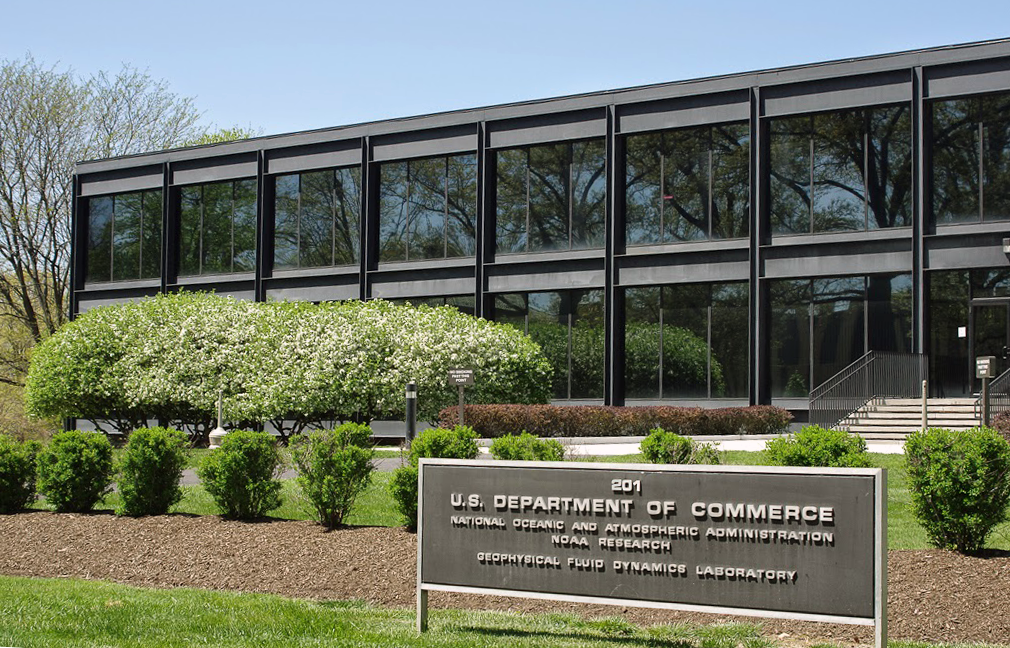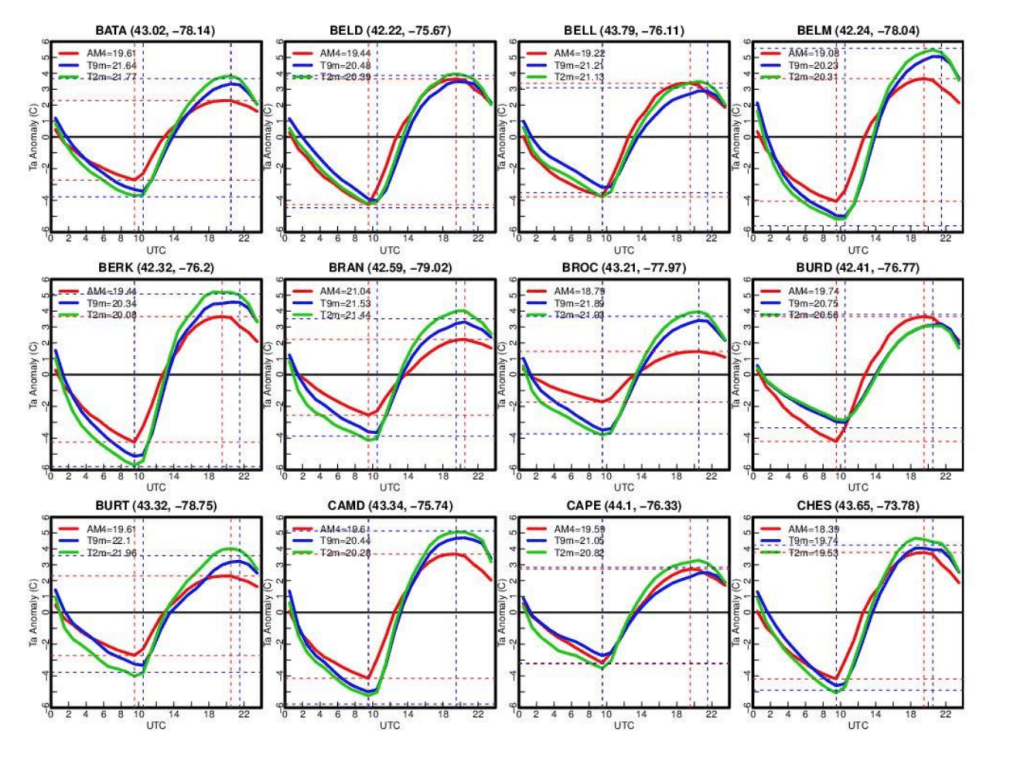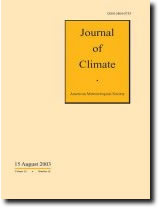New Global Plankton Data Product to Link Climate and Fisheries in Global Models
COM/CVP/GOMO supported research team releases a new data product providing global plankton community size structure observations to benefit biogeochemical modeling.
New Global Plankton Data Product to Link Climate and Fisheries in Global Models Read More »



